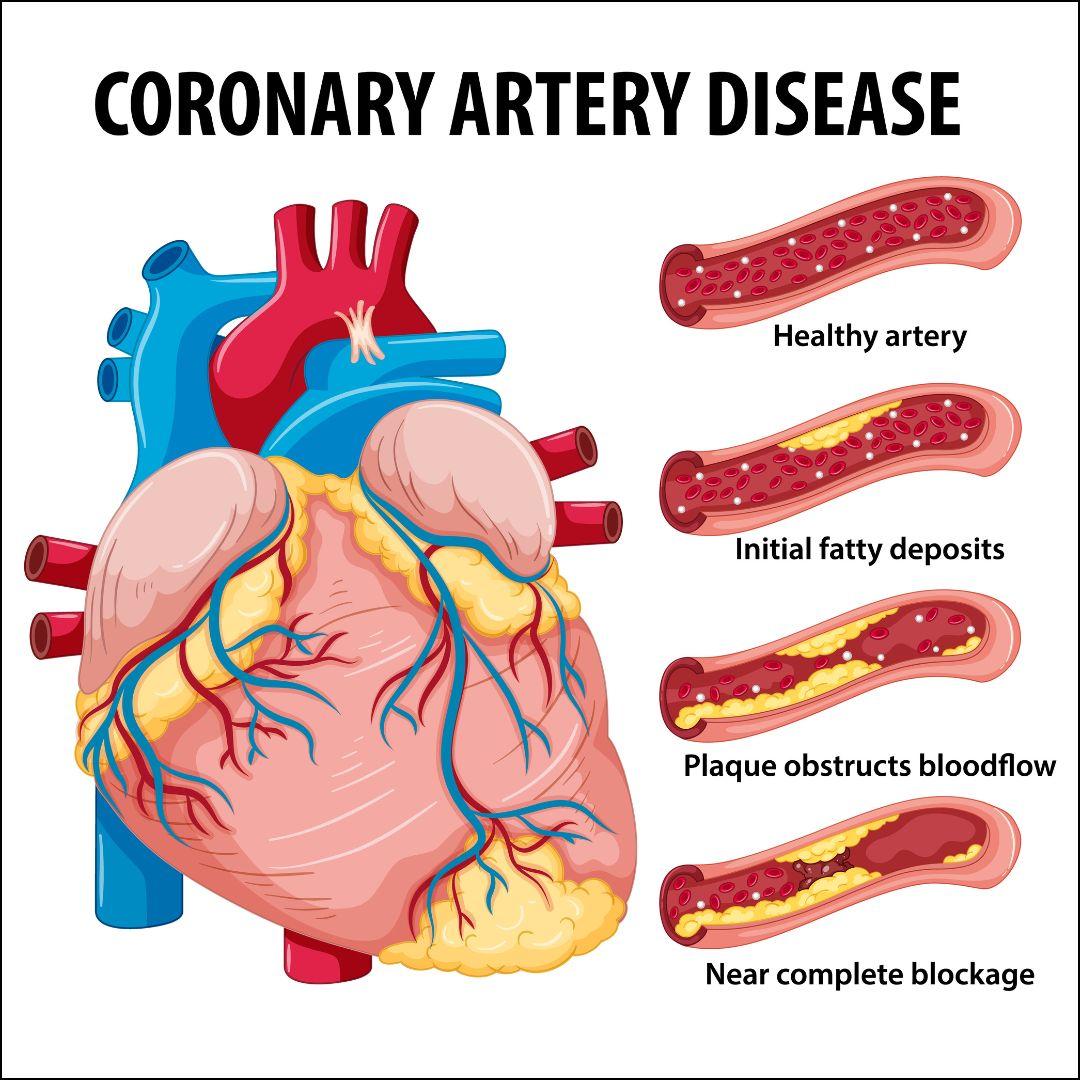Can you prevent cold sores from recurring?
Understanding Cold Sores: Causes, Symptoms, and Treatment Options
Cold sores, also known as fever blisters, are a common viral infection caused by the herpes simplex virus (HSV). These small, painful blisters typically appear on the lips or around the mouth, often causing discomfort and embarrassment. In this comprehensive guide, we’ll explore the causes, symptoms, treatment options, and practical tips for managing cold sores effectively.
What Causes Cold Sores?
Cold sores are primarily caused by the herpes simplex virus, particularly HSV type 1. However, HSV type 2, usually associated with genital herpes, can also lead to cold sore outbreaks. Here are some common triggers:
- Stress and anxiety
- Illness or fever
- Sunburn or excessive sun exposure
- Hormonal changes (e.g., menstruation)
- Weakened immune system
- Skin injuries or trauma
Symptoms of Cold Sores
The symptoms of cold sores typically develop in stages:
- Itching and Tingling: This is the initial phase, where you may feel an itching or tingling sensation around the lips.
- Blister Formation: Small, fluid-filled blisters appear, often clustered together.
- Weeping and Crusting: The blisters may burst, creating a crust that eventually heals.
- Healing: After several days, the crust falls off, leaving behind healed skin.
How Are Cold Sores Diagnosed?
A healthcare professional can usually diagnose cold sores based on the appearance of the blisters. In some cases, laboratory tests may be performed to confirm the herpes simplex virus.
Treatment Options for Cold Sores
While there is no cure for cold sores, several treatment options can help alleviate symptoms and speed up healing:
1. Over-the-Counter Medications
Topical creams containing docosanol or aloe vera can help shorten the duration of an outbreak. Additionally, pain relievers like acetaminophen can ease discomfort.
2. Prescription Antivirals
For frequent or severe outbreaks, a doctor may prescribe antiviral medications such as:
- Acyclovir
- Valacyclovir
- Famciclovir
3. Home Remedies
Several home remedies may offer relief:
- Applying ice or a cold compress to reduce swelling
- Using lip balms with SPF to prevent sunburn
- Taking lysine supplements
Preventive Measures
Preventing cold sores involves avoiding known triggers and taking steps to minimize outbreaks:
- Avoid close contact with infected individuals
- Practice good hygiene, especially during an outbreak
- Manage stress through relaxation techniques
- Use sunscreen on your lips when outdoors
Case Study: Managing Cold Sores in Daily Life
Consider the case of Sarah, a 28-year-old who frequently experienced cold sore outbreaks. After consulting with her doctor, she implemented a combination of antiviral medications and lifestyle changes, such as:
- Incorporating stress management techniques (like yoga)
- Avoiding known triggers (like excessive sun exposure)
- Using SPF lip balm daily
As a result, Sarah reduced the frequency of her outbreaks significantly and felt more confident in social situations.
First-Hand Experience: Living with Cold Sores
Many individuals with cold sores have shared their experiences of coping with the infection. One common theme is the emotional toll it can take. For those affected, it’s important to remember that:
- You are not alone in this struggle.
- There are effective treatment options available.
- Practicing self-care and seeking support can make a positive difference.
Conclusion
Cold sores can be a frustrating and painful condition, but understanding their causes, symptoms, and treatment options can empower individuals to manage outbreaks effectively. By adopting preventive measures and utilizing effective treatments, you can minimize the impact of cold sores on your life. Remember, if you frequently experience cold sores, consulting with a healthcare professional can provide personalized guidance and support.
Table of Quick Facts About Cold Sores
| Fact | Details |
|---|---|
| Common Trigger | Stress |
| Duration of Outbreak | 7 to 10 days |
| Transmission Method | Direct contact with sores |
| Common Treatment | Antiviral medications |
